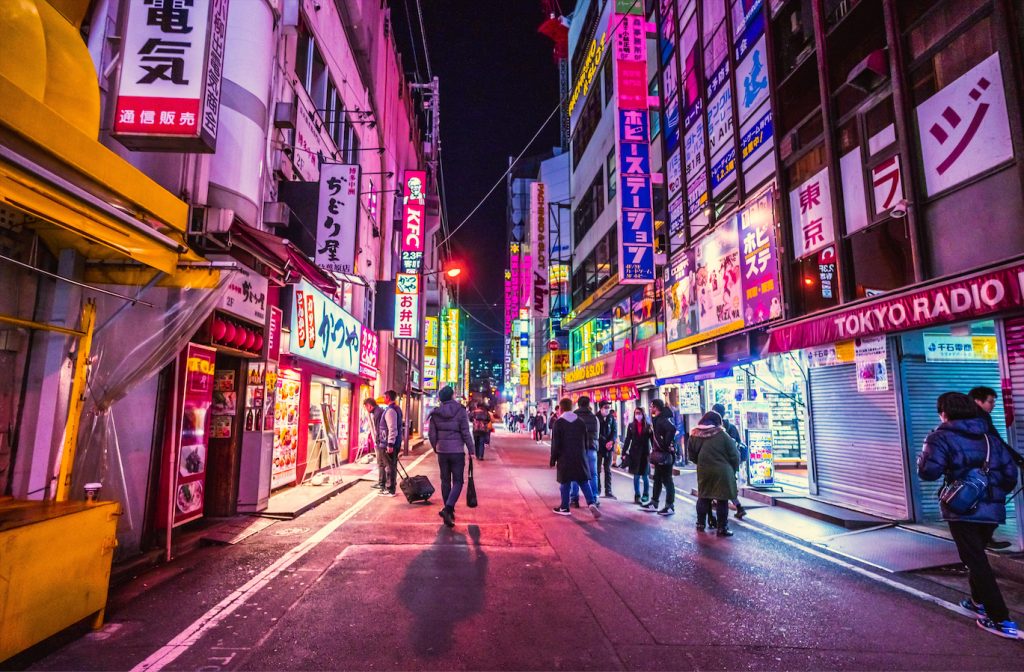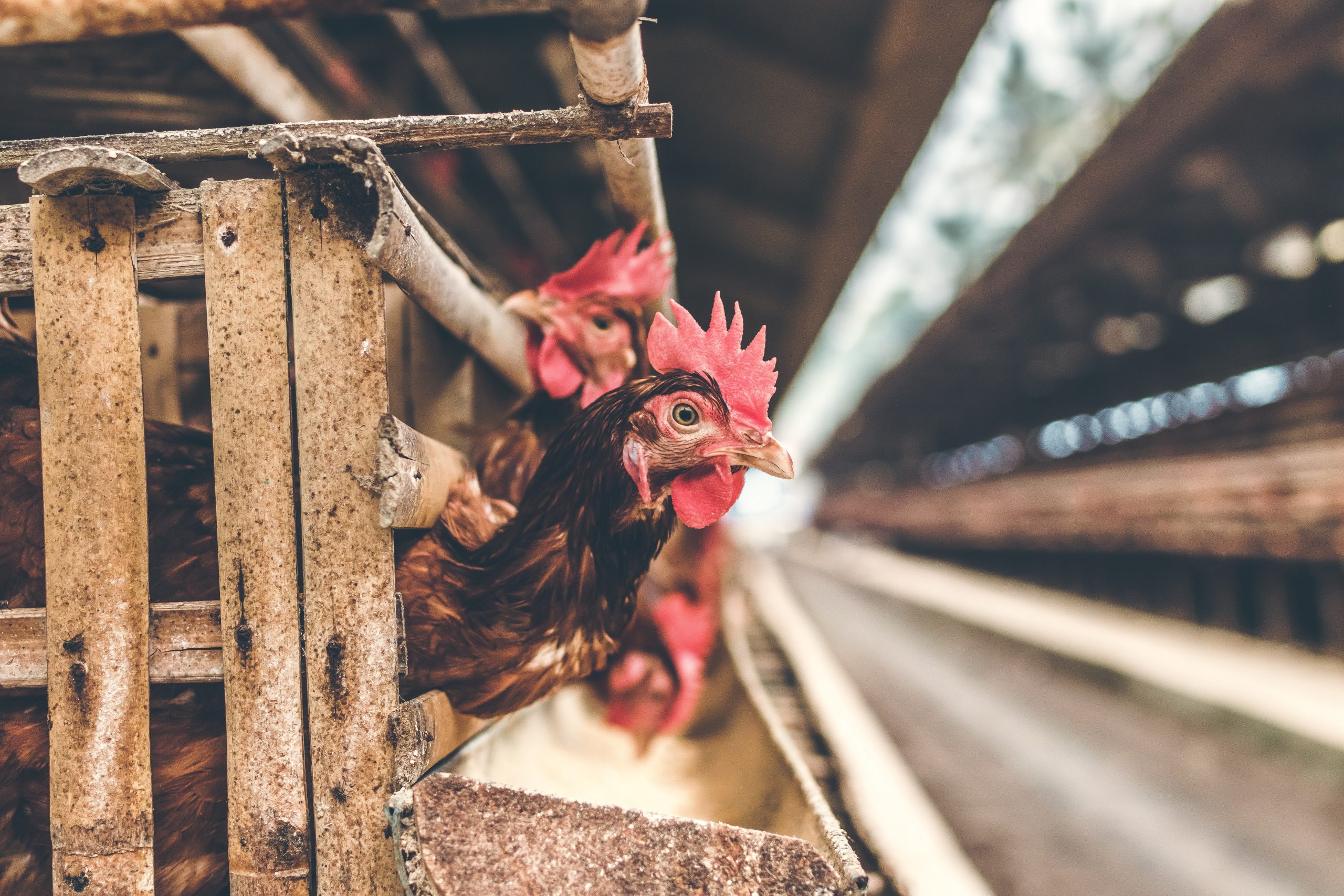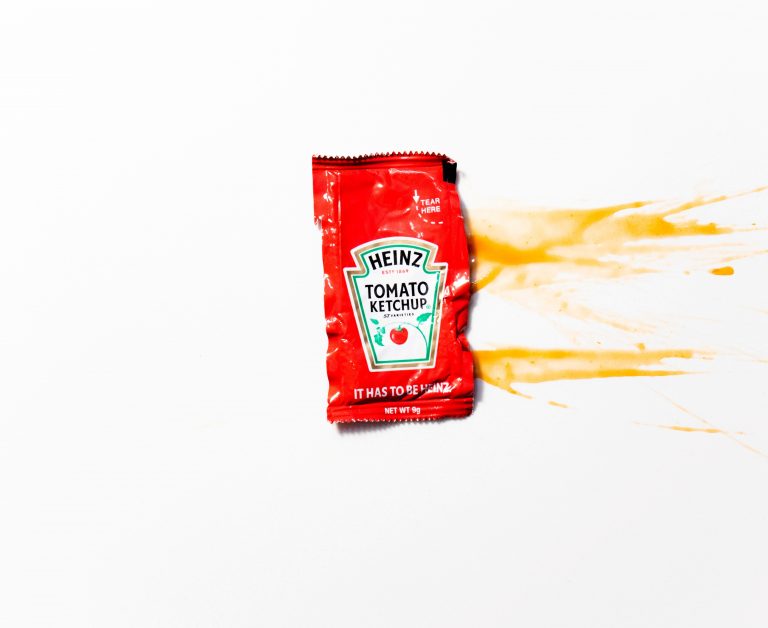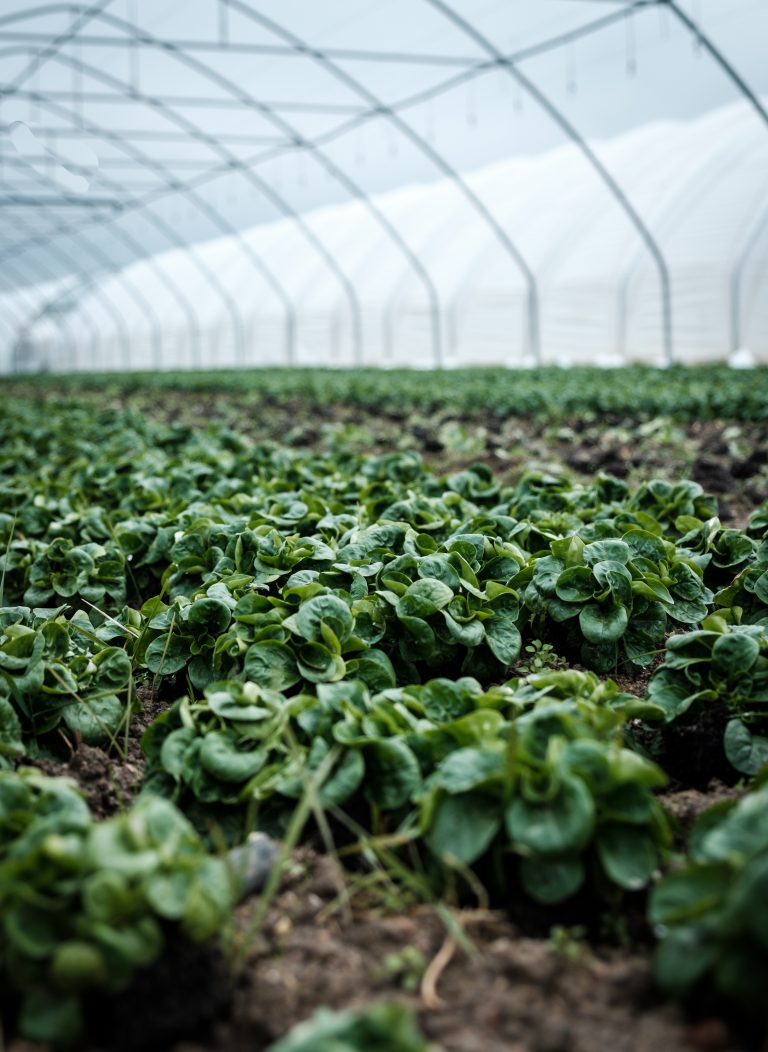Why China May Be the Key to Economic Recovery in Japan

Japan, like the rest of the world, is struggling to get its economy back on track
following closures related to the COVID-19 pandemic earlier this year. Unlike many
countries however, Japan is highly dependent on exports for economic growth, a situation
that has the potential to be especially problematic in a time when the global economy is
in a downturn. Recently however, Japan reported that economic recovery in China has
resulted in increased demand for Japanese exports ranging from automobiles to skincare
products. Indeed, for Japan, China’s economic comeback may prove to be a lifeline as
forecasts by the International Monetary Fund (IMF) suggest that China may be the only
major economy to experience economic growth in 2020.
Notes: Like much of the rest of the world, Japan’s economy suffered a huge setback in
the wake of the COVID-19 shutdown. Now, the country is looking to its neighbor for
help in its recovery. From automakers to clothing retailers, Japan’s companies are
pinning their hopes on China’s suddenly booming economy to be the lifeline they
desperately need during the global economic slowdown. While the rest of the world
continues to struggle to return to “normal,” China’s early draconian lockdown to limit the
spread of COVID-19 seems to have allowed the country to resume fairly typical business
and consumer activity levels. For most countries, though, the idea of a normally
functioning economy seems a long way off. Already, as COVID-19 cases rise, countries
across Europe are returning to some form of localized shutdown, and the International
Monetary Fund (IMF) has issued a stark warning that China may be the only major
economy to grow in 2020. For Japan’s companies doing business with China, the IMF’s
forecast is vitally important. Japan has long relied on exports for economic growth. With
the pandemic dragging down sales in other markets, Japan’s companies are now focusing
on China as a key source of profits.
Japan’s Fast Retailing, owner of the popular causal clothing brand, Uniqlo, says that
rising sales in China are driving its recovery. In fact, Fast Retailing anticipates that sales
in China will be a significant contributor to what it expects to be an 83 percent increase in
profits. Indeed, while generally, the retail sector is experiencing closures across the globe,
Fast Retailing is planning to open an additional 100 Uniqlo stores across China. Japanese
automakers Nissan and Toyota are also looking to Chinese consumers to drive sales, as
are Japanese cosmetic companies Shiseido and Kose Corp. Already, exports to China
have returned to levels similar to 2019, while Japanese exports to its second largest
trading partner, the United States, continue to lag significantly. Even so, Japanese
officials are concerned that overlying on China for sales could spell disaster if the trade conflict between Beijing and Washington flares up again, forcing Japan to choose
between the two.
Still, for Japan’s retailers, China’s economic recovery has been a boon. Skincare giant,
Shiseido says that it is now exporting its premium products to China, making up for at
least some of the sales it lost when Chinese tourists were barred from entering the
country. Similarly, both Toyota and Nissan are reporting higher sales in China, which is
helping to offset slow or diminishing growth at home. As the pandemic continue to rage
across the globe, and warnings about the potential for further lockdowns are sounded, it is
anyone guess whether the fragile recovery will continue for Japan’s exporters, however,
at least for now, Japan’s exporters believe there is reason for optimism.
Discussion Questions:
- Discuss the role of exports in a country’s economy. Why is Japan so dependent on
exports for economic growth? How does this situation factor into its trade policy? What
are the implications for Japan’s economy of the reliance by Japanese retailers on Chinese
consumers for export earnings? - Japanese companies across a range of industries from skin care to automobiles have
reported that exports to China are driving their current profits. Reflect on the situation.
How does the diversity of the industries reporting export growth benefit Japan? Is it
concerning that a single country, China, is driving that recovery? - Consider the notion of globalization as it relates to Japan. Can Japanese companies like
Uniqlo and Shiseido survive without export earnings?
Sources: New York Times: Japan Is Paying Firms to Make Things at Home. But China’s Pull Is Still Strong; Wall Street Journal: China’s Rebound Helps Lift Japanese Businesses













